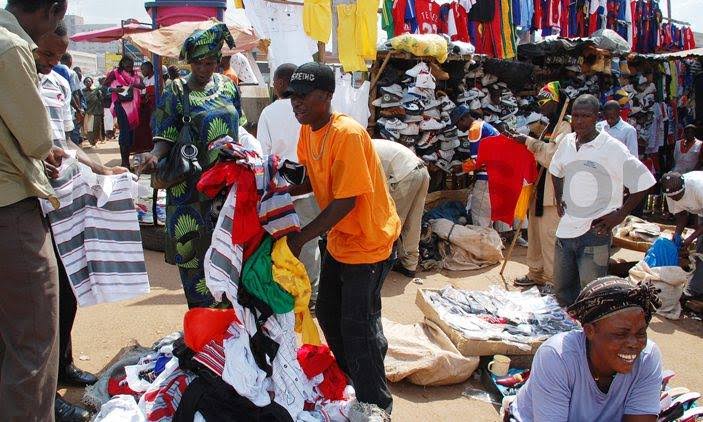Kenya is a land of opportunity — but for many, money remains a constant source of stress. With a growing youth population, rising cost of living, and digital borrowing at an all-time high, personal finance is no longer just about discipline — it's about survival.
This article takes a realistic look at why most Kenyans are stuck financially, and more importantly, what can be done to break the cycle — not just for today, but for the long haul.
1. The Illusion of “I’ll Save When I Earn More”
A popular myth says: "I’ll start saving when I get a better job." But studies show that lifestyle inflation — spending more as you earn more — cancels any progress.
Reality: The moment your income rises, so do your expenses — unless you deliberately protect a percentage of your earnings.
Takeaway:
Start saving with what you have. The habit, not the amount, creates wealth.
2. Digital Loans Have Normalized Financial Slavery
M-Shwari. Tala. Branch. KCB M-PESA. These apps offer fast money — but at a silent cost.
The trap: Easy to borrow, hard to repay.
The result: Many Kenyans are repaying old loans with new ones, forming a dangerous cycle of debt.
Takeaway:
Avoid short-term mobile loans unless absolutely necessary. Build an emergency fund — not a debt trap.
3. Money Mismanagement Is Cultural — Not Accidental
We’ve normalized celebrating success with spending. Promotions lead to parties. First salaries go to smartphones. Bonuses buy cars, not assets.
Root issue: No formal financial education.
Reality: Money is emotional. Without awareness, it controls us.
Takeaway:
Change begins with mindset. Learn. Read. Teach. Make financial education part of your lifestyle.
4. Investing Sounds Scary — But It Doesn’t Have to Be
For many, “investment” means risk. Fear of loss. Scams. Complexity.
But in Kenya today, there are safe, regulated options for beginner investors:
Money Market Funds (MMFs) with capital protection.
SACCO shares with annual dividends.
Government Bonds with guaranteed returns.
Co-operative land buying, if managed properly.
Truth: It’s riskier to save only — your money loses value to inflation.
Takeaway:
Start small. Choose one channel. Watch your knowledge — and money — grow.
5. Most Kenyans Have One Income Stream — And That’s Risky
The days of relying on one salary are over. Economic shocks, retrenchment, inflation — they’ve taught us that job security is fragile.
2025 reality: Side hustles are no longer optional. They’re a financial safety net.
Popular second incomes include:
Online freelance work (writing, design, transcriptions).
Selling digital products (eBooks, courses).
Retailing via WhatsApp or Instagram.
Farming & agri-business partnerships.
Takeaway:
Start a side hustle — even if it earns little. It could become your main income in the future.
6. Why Long-Term Thinking Is Rare (But Powerful)
Many Kenyans plan for weekends, not decades. It’s no surprise — the economy teaches us to survive, not build.
But long-term thinking changes everything:
Planning for retirement early.
Buying assets, not liabilities.
Choosing compound interest over instant gratification.
Quote: “Wealth is what you don’t see.” — Morgan Housel
Takeaway:
Play the long game. Focus on ownership, not appearances.
You Can Break the Cycle
Breaking financial struggle in Kenya is not about earning six figures — it’s about clarity, consistency, and courage.
You have to:
Unlearn bad habits.
Rethink priorities.
Refuse debt dependency.
Build multiple income streams.
Save and invest — not impress.
There is no shortcut. But there is a clear path — and it begins with your next financial decision.










Reader Responses (0)